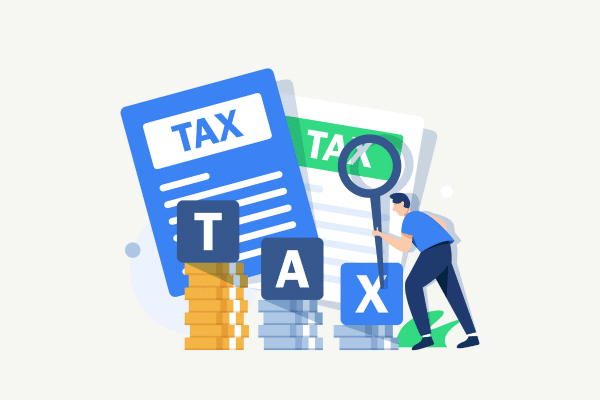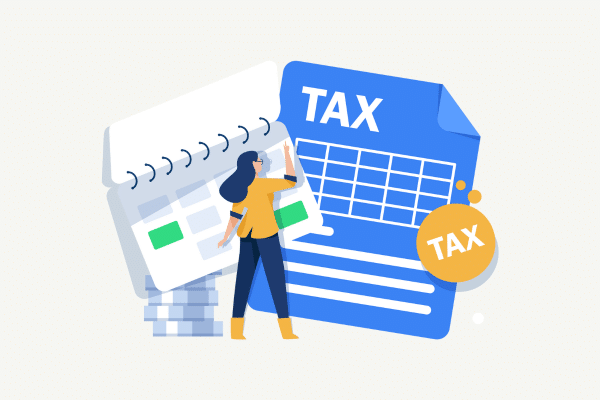
Entrepreneurs often shrug off the idea of getting an Employer Identification Number (EIN), thinking their small business doesn’t really need one. Sure, if you’re flying solo, you might get away with using your Social Security Number (SSN) for a while—but trust me, it’s not the best long-term strategy, even if hiring employees isn’t on your radar yet. In most cases, having an EIN is not just a good idea; it’s a must. It provides key benefits beyond just payroll setup.
💡 Protect Your Personal Information with an EIN
One of the top perks of an EIN is safeguarding your personal identity. While you still need to protect your EIN and only share it when absolutely necessary, using it for your business means your personal details stay more secure.
Government forms and official documents require an identifier, and the EIN (issued by the IRS) can be used in place of your Social Security Number. Sure, identity theft is still a concern if your EIN gets stolen, but the information tied to it is far less sensitive than what’s connected to your SSN. Bottom line: fewer risks, more peace of mind.
❓ Incorporating Your Business? An EIN is Non-Negotiable
If you’re incorporating your business (or planning to), your business becomes its own entity. That means it needs its own form of identification, especially if you plan to hire employees—even if you’re the only employee for now.
You’ll still need to pay yourself a salary, which means dealing with payroll taxes and following IRS guidelines. This applies whether you’re forming a corporation, LLC, or partnership—you can’t just use your SSN for official filings.
💡 The EIN Does More Than Payroll
An EIN comes with long-term benefits that go way beyond just payroll. You’ll need it to open business bank accounts, apply for business credit, and even set up retirement plans like pensions or profit-sharing. Whether you’re running a general partnership, LLC, S-corp, or sole proprietorship, the EIN will play a role in critical business operations. And let’s face it, using an EIN instead of your SSN for your business is just smart, plain and simple.
Every business is unique, and while we strongly recommend securing an EIN, we understand it might not be necessary for everyone. Have questions about how an EIN applies to your specific situation? Let’s chat and make sure you’re making the right decision for your business today.
Not sure if an EIN is right for your business?
Give us a call, and we’ll help you navigate the process. In 2024, having the right tools in place can make all the difference—so why not get started on the right foot? Reach out today!





